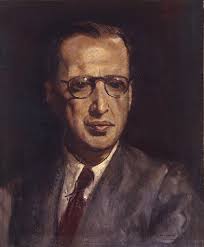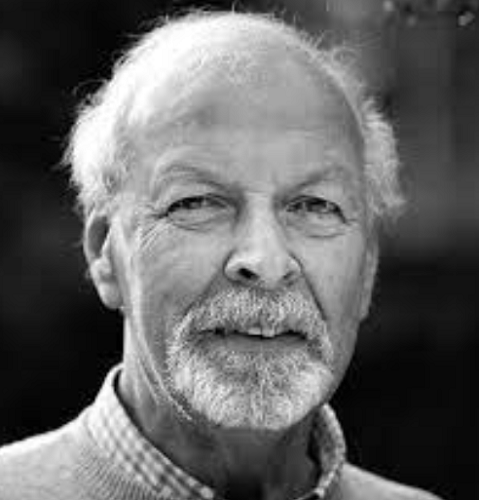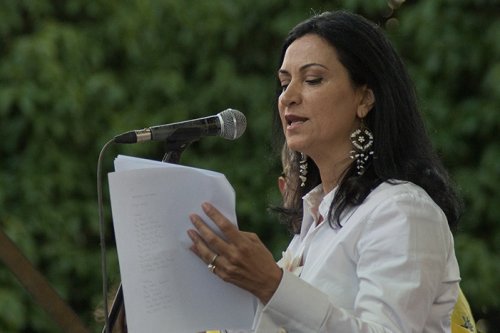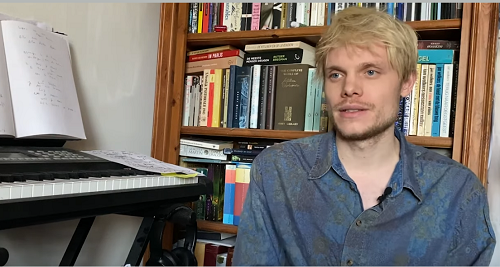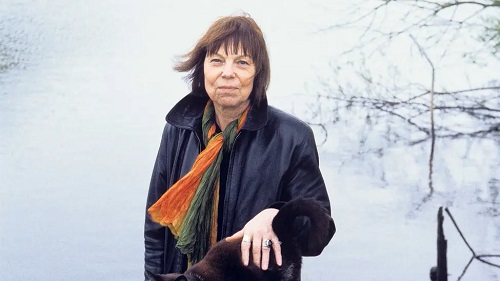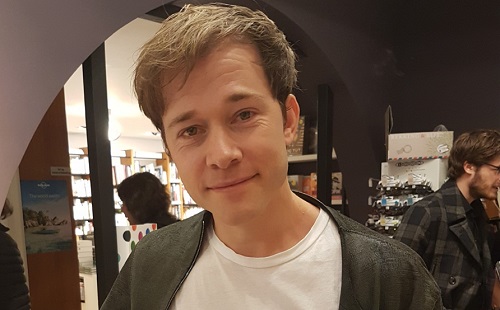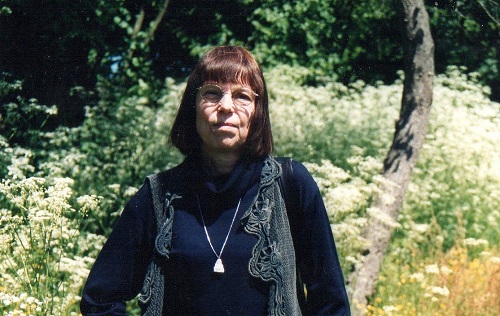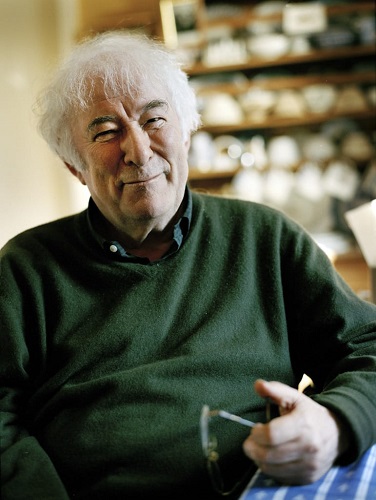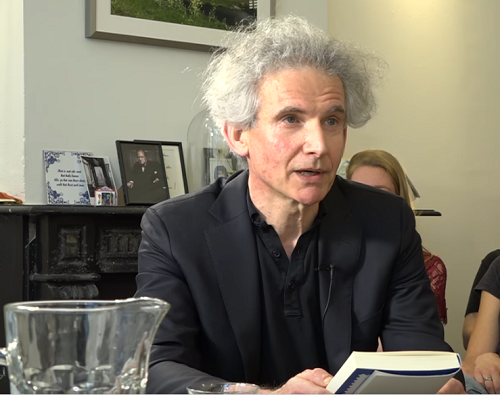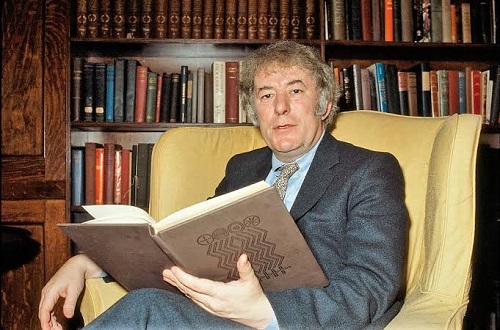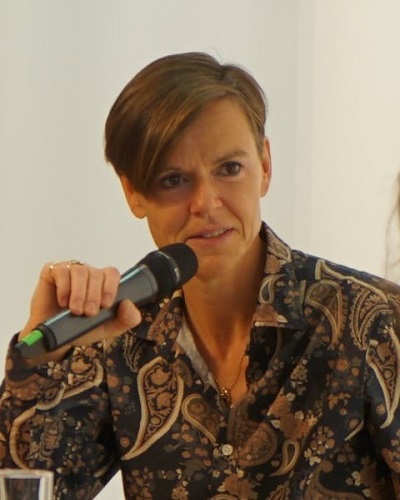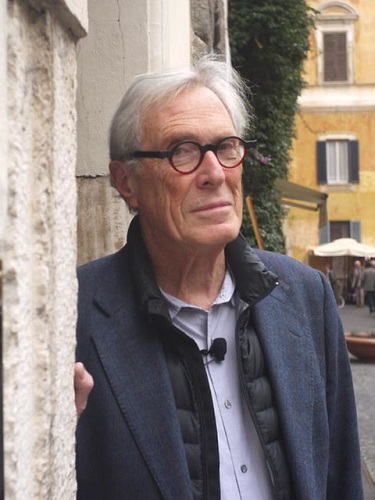De Franse schrijver Patrick Rambaud werd geboren op 21 april 1946 in Parijs. Zie ook alle tags voor Patrick Rambaud op dit blog.
Uit: The Battle (Vertaald door Will Hobson)
“Now the Emperor had taken personal command. He intended to destroy the Archduke Charles”s army, a strong force on its own, before it could link up with that of the Archduke John, which was arriving from Italy by forced march. For that reason, the Emperor had posted Davout and his cavalry on lookout to the west. He gazed at the vast Marchfeld plain on the other side of the river, climbing endlessly to the horizon towards the plateau of Wagram.
An ordinary sergeant-major, with a white handlebar moustache and clumsily buttoned coat, called out to him in a reproachful voice, not even bothering to stand to attention, `You have forgotten me, my Emperor! What about my medal?”
“What medal?” asked Napoleon, smiling for the first time in eight days.
“La croix d”officier de la Légion d”honneur, of course! I”ve deserved it from the first day I fought as a soldier in your army!”
“As long as that?”
“Rivoli! Saint Jean-d”Acre! Austerlitz! Eylau!”
“Berthier …”
The chief of staff noted down the name of the newly promoted officer, Rousillon, with his pencil. He had hardly finished writing before the Emperor stood up, throwing aside the hatchet with which he had been hacking at the oak”s trunk. “Andiamo! I want a bridge by the end of the week. Station some of the brigades of light cavalry in that village behind there.”
“Ebersdorf,” said Berthier, checking it on his map.
“Bredorf if you wish, and three divisions of cuirassiers. Get started immediately!”
The Emperor never gave a direct order or reprimand any more: everything went through Berthier. Before climbing into the Berline, the latter signalled to one of his theatrically dressed aides-de-camp. “See to it, Lejeune, with the Duke of Rivoli.”
“Very good, Your Excellency,” replied the officer, a young colonel in the Engineers with tanned skin, brown hair and a striking scar, like a stripe, across the left of his forehead.
He mounted his Arab, adjusted his black and gold silk belt, brushed a speck of dust off his fur dolman and watched the imperial carriage drive off with its escort. He lingered behind, studying the Danube with a professional eye and those islands pounded by the current. Lejeune had taken part in the construction of pontoon bridges on the Po, in the driving rain, where they had used posts, anchors and rafts, but how was one to find purchase in these swirling yellow foam-flecked waters?
The main branch of the river skirted the island of Lobau on the south. Looking towards the other bank, which they had to reach, Lejeune suspected marshy ground and quagmires which the river, as it rose and fell, would reveal as tongues of sand.”
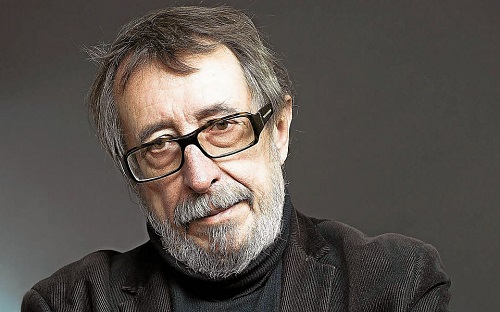
De Amerikaanse dichteres, essayiste en schrijfster Louise Elisabeth Glück werd geboren op 22 april 1943 in New York. Zie ook alle tags voor Louise Glück op dit blog.
Avondrood
Mijn grootste vreugde
is het geluid van jouw stem
als die me roept zelfs in wanhoop; mijn verdriet
dat ik je niet kan antwoorden
in een spraak die je als de mijne aanvaardt.
Je hebt geen vertrouwen in je eigen taal.
Dus hecht je
gezag aan tekens
die je niet nauwkeurig kunt lezen.
En toch bereikt je stem me altijd.
En ik antwoord aanhoudend,
terwijl mijn woede luwt
naarmate de winter vergaat. Mijn tederheid
zou je duidelijk moeten zijn
in de koelte van de zomeravond
en in de woorden die uitgroeien
tot je eigen antwoord.
Vertaald door Erik Menkveld

Zie voor nog meer schrijvers van de 21e april ook mijn blog van 21 april 2020 en eveneens mijn blog van 21 april 2019 deel 2 en eveneens deel 3.




